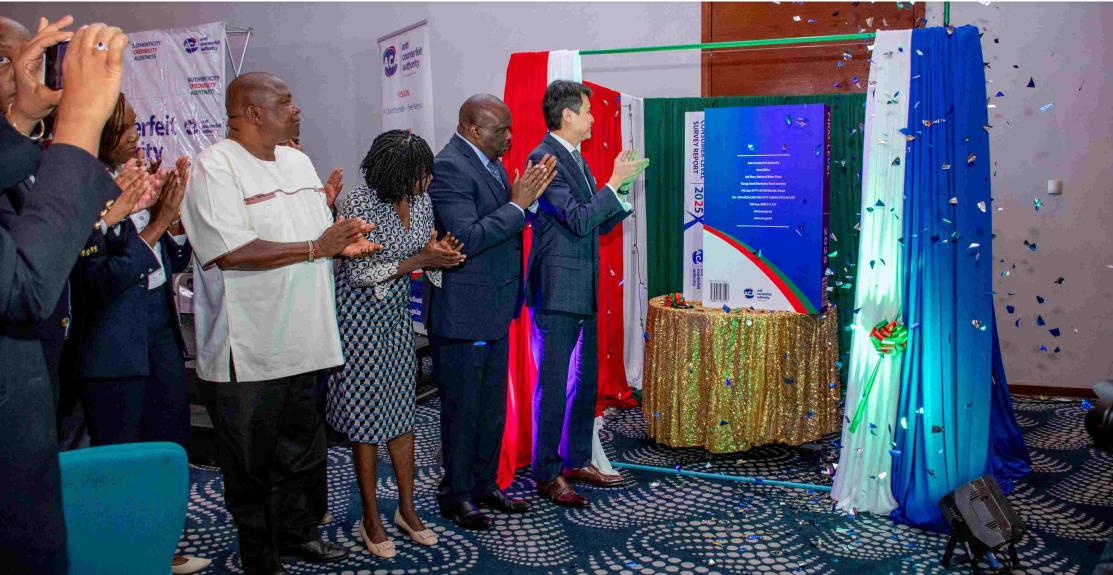Kenyans still buying counterfeit goods despite high awareness, says report

The Authority estimates that one in every five products sold in the Kenyan market is counterfeit, leading to a loss of about Sh800 billion every year.
A large number of Kenyans are knowingly buying counterfeit goods even though most of them are aware of the risks involved, a new government report has revealed.
The latest consumer survey by the Anti-Counterfeit Authority (ACA) shows that awareness about fake products in the country has grown significantly to 83.85 per cent, up from 71.9 per cent in 2021.
However, this high level of awareness has not stopped many people from purchasing counterfeit items often driven by low prices and limited access to genuine alternatives.
The report highlights that 60.48 per cent of respondents admitted to having bought counterfeit goods, sometimes without knowing they were fake. The most common sources of these items include street vendors (59.37 per cent) and shops or kiosks (54.42 per cent).
Online platforms are also becoming a key channel, with 31.37 per cent of respondents saying they had bought counterfeit goods online.
According to the ACA, "Sixty-nine point five six per cent of respondents had unknowingly purchased counterfeit goods due to the difficulty of distinguishing between genuine and fake products. However, 86.43 per cent said they would avoid counterfeit goods if they were more aware of the negative impact of buying them. Nevertheless, price remains a key motivator for knowingly purchasing counterfeit goods, as reported by 42.5 per cent of respondents. Some consumers knowingly purchase counterfeit products due to economic constraints or the perception that they offer better value for money."
The Authority estimates that one in every five products sold in the Kenyan market is counterfeit, leading to a loss of about Sh800 billion every year.
Despite street sellers and kiosks being the most common sources, the growth of digital marketplaces such as Jumia and Kilimall has made it even easier for counterfeiters to reach more buyers.
ACA noted that technological improvements have helped counterfeiters produce fake goods that are harder to detect. In some cases, the quality has become so close to the original that consumers find it difficult to tell the difference, making the fake items more appealing.
The agency says the increased trust in online platforms, paired with economic hardship, is pushing more Kenyans to settle for counterfeit products—sometimes even when they know they are fake. The report urges better consumer education and stricter measures to deal with the problem.
